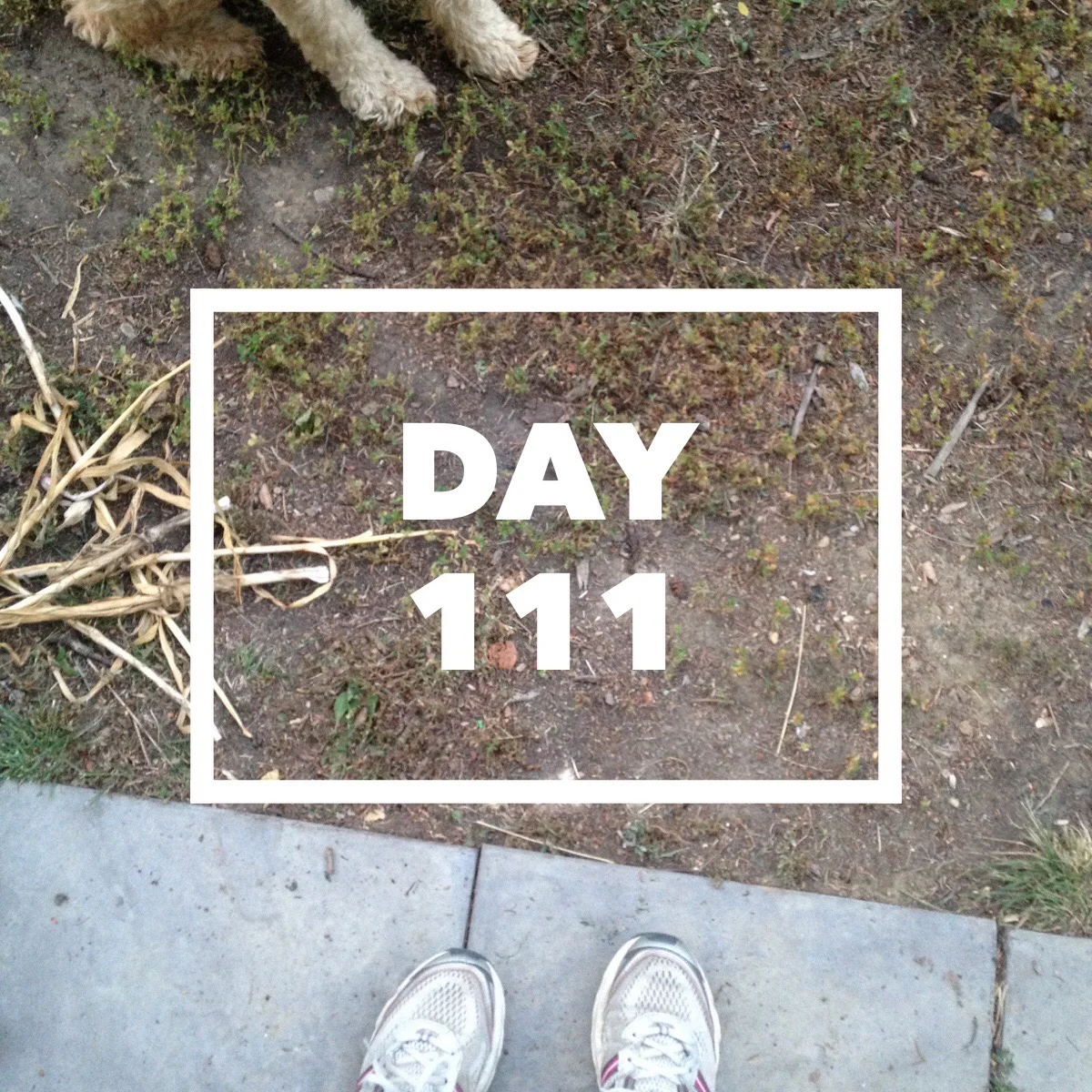On love day, all I could think about was how hard it seems to be to befriend ourselves. . . let alone fall in love with our minds, our bodies, our hearts. Our own minds, bodies, hearts.
And it took me some time to put this on the screen. I have a lengthy history of body and weight obsession.
Let’s see . . .
I’ve been on the “It’s not a diet, it’s just watching what you eat and recording it and adding it up” diet. Age ten. I realize that the raisins I put on my Wayne Gretzky cereal amount to almost two servings of fruit. So if I want an apple with my lunch and a banana when I get home, I have to stop. Two tablespoons is a serving of fruit, before they were on a points scale. I was eighty-five pounds. It was okay, because my mom was on it, and asked us all to join in.
Then there was the “It’s not a diet, it’s just a wedge of iceberg and some ground beef for a week” diet. “No, it’s okay, you can have dressing on the lettuce, just so it’s only vinegar.” And breakfast was a grapefruit. Age twelve. It was a hardcover book, and probably had a name, and everyone followed it. I was ninety-one pounds.
How about the “It’s not a diet, it’s just a plan for eating” diet. In a teen magazine, age fourteen. There was a grid for what each of your meals and snacks would be. It included super-skinny slices of bread and tuna. I lost thirteen pounds and fit into a drop-waist chambray skirt with white eyelet trim, to wear on an away game trip. It was a size seven, and I wore that skirt three more times. One hundred and eighteen pounds.
The inappropriate “It’s not a diet, it’s just what we use when we’re tapering for a figure competition” diet. “No, you can eat whatever you want on Wednesdays—like, a total carb binge—but the other days you limit them. To pretty much zero. It’s best to get a good calorie counting book, so that you know how much everything is.” Tuna, straight up with no-fat salad dressing, straight from the bottle (what is in that stuff?). Veggie wieners with cottage cheese, microwaved. I was not training for figure competition. Twenty-four years old. One hundred and thirty-five pounds.
The looks-good-to-observers “It’s not a diet, it’s just training for a triathlon by exercising twice a day at two different sports for three months so that I’m ready for it.” Twenty-nine years old. Size nine, one hundred and forty-one pounds.
Survivor: the “It’s not a diet, it’s just that after trying five antidepressants in seven months, and none of them work, and gaining ten pounds one month and another fifteen from the rest, and now I’m starting to feel better and my clothes are loose again” diet. Noticing. Thirty-six years old. One hundred and sixty-five pounds.
Or the “It’s not a diet, it’s just you buy these shake packets, and you’ll eat those for five days” diet. “No, really, it’s not a diet, it’s just lowering your blood sugar so you’re not at risk for diabetes and some people also drop weight on it” diet. Thirty-eight years old. I’ve lost count.
And then, the “It’s not a diet, you just bless your food for it’s best purpose in your body, and you'll either gain or lose weight, whatever you want” diet. Forty-one years old. I can’t take it any more.
It turns out that the “bless your food” diet took me to my tipping point. After raging about why I need to be anything other than what and who I am, I spent a full year eating whatever the hell I wanted. Full, family-sized bags of kettle chips. Ice cream (I don’t even much care for ice cream). Chocolate. Every day. And not fancy cacao nibs in my smoothies: Cadbury’s family size bars. Whatever. I. wanted. Forty-two. My weight: who knows. My clothes still fit.
And it turns out that I crave vegetables. Not all the time: sometimes I crave meat. And bread. And sweet things. But by listening in, and not hating on myself, I feel some peace. I tend to eat when I’m hungry. And, when I’m hungry, I find food that fills me. Sometimes, it’s ultra-nourishing. Other times, it fills a gap. And that’s life.
I can’t say that my life-long diet-habits are over. I can say, though, that it feels a lot more humane and human to simply eat. Not to count and measure and obsess, and dislike “results.” Because that’s what I was doing. To simply eat feels good. To find love for my body feels good.
And I feel so, so much happier.





